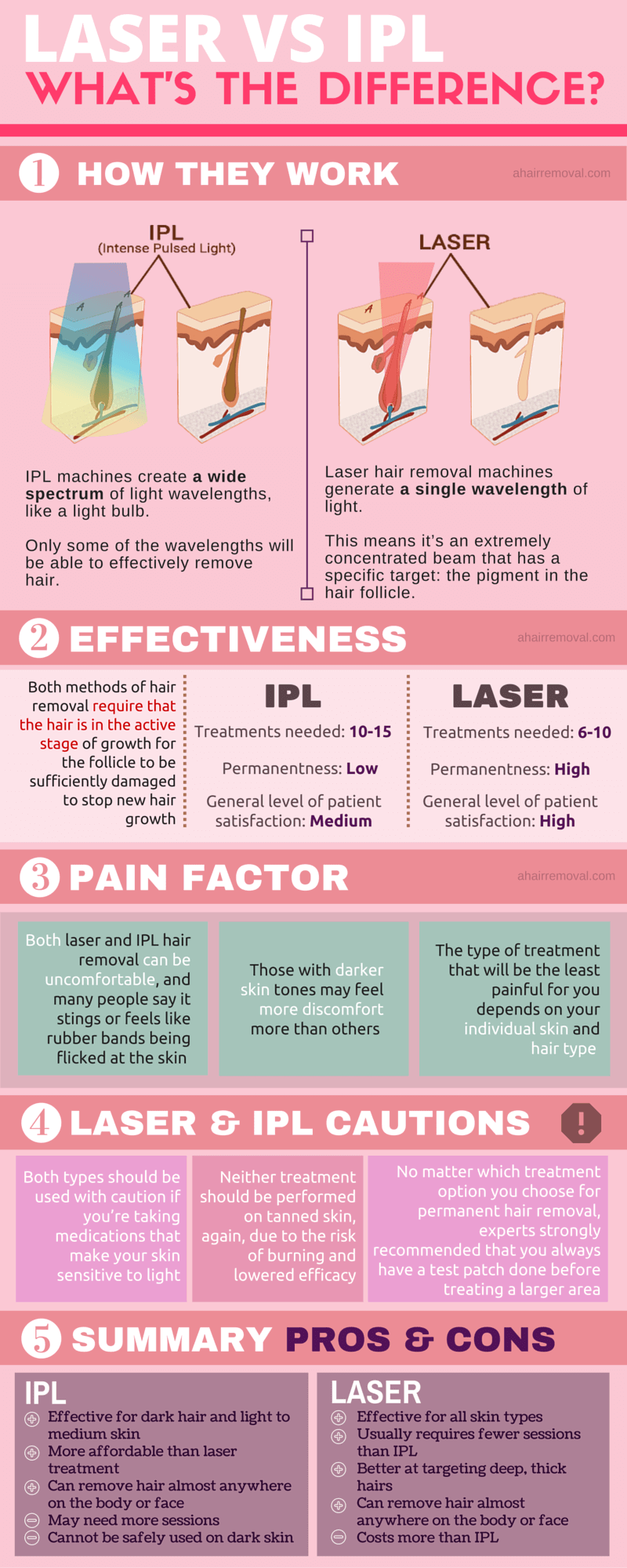Misconceptions And Truths Regarding Acne: Debunking Common Misconceptions
Misconceptions And Truths Regarding Acne: Debunking Common Misconceptions
Blog Article
Article By-Joyner Cameron
You could believe that delighting in delicious chocolate or oily foods is the root cause of your acne, however that's just among many myths swirling around this usual skin disease. In fact, acne largely stems from clogged hair roots, not your last dessert. Misconceptions like these can lead you to embrace ineffective skin care practices that may also aggravate your situation. As you navigate the facts behind acne, you'll discover insights that can transform your strategy to skincare and help you attain clearer skin. So, what actually exists beneath the surface area?
Common Myths Regarding Acne
When it concerns acne, many people count on usual misconceptions that can result in complication and stress. One prevalent myth is that consuming delicious chocolate or oily foods creates acne. While diet can influence skin wellness, the direct web link in between details foods and acne isn't as clear-cut as several believe.
Another usual misunderstanding is that you must scrub your face intensely to clean up outbreaks. In truth, hostile rubbing can irritate your skin and intensify acne.
You might likewise believe that acne only influences young adults, but adults can experience it also, usually because of hormonal changes or tension. Some people assume that tanning can clear acne, but sun direct exposure can actually cause skin damages and get worse outbreaks in the long run.
Last but not least, lots of think that making use of rough items will certainly remove acne quickly. Nevertheless, these products can remove your skin of its natural oils, leading to enhanced inflammation and more outbreaks.
Scientific Facts Behind Acne
Recognizing the scientific facts behind acne can encourage you to tackle this usual skin disease more effectively.
just click the following article occurs when hair roots end up being obstructed with oil, dead skin cells, and germs. This process frequently starts with an overproduction of sebum, the oil your skin naturally produces. Hormone modifications, particularly throughout adolescence or menstruation, can trigger this excess oil.
Germs called Propionibacterium acnes grow in these clogged pores, bring about inflammation. When your immune system responds, it can create inflammation and swelling, causing those troublesome acnes or cysts.
Genetics also contribute; if your parents had acne, you might be much more susceptible to it.
Diet regimen and anxiety levels can influence acne also, but research is still developing in these areas. While indulging in greasy foods will not straight create breakouts, a well balanced diet regimen can sustain your skin health and wellness.
Similarly, managing tension can minimize hormone variations that might intensify acne.
Tips for Taking Care Of Acne
Managing acne successfully needs a combination of day-to-day skin care routines and lifestyle modifications. Beginning by establishing a constant skincare regimen. Clean your face twice a day with a mild, non-comedogenic cleanser to remove dust and excess oil. Avoid scrubbing as well hard, as this can irritate your skin and get worse acne.
Next, include products consisting of salicylic acid or benzoyl peroxide to aid protect against outbreaks. Always follow up with a light-weight, oil-free moisturizer to maintain your skin hydrated. Do not neglect sun block; choose non-comedogenic options to protect your skin from UV damages without blocking pores.
Beyond skin care, focus on your diet regimen. Limit sugary and oily foods, and focus on fruits, vegetables, and whole grains. Staying hydrated is important, so beverage lots of water throughout the day.
Additionally, take care of stress and anxiety via tasks like yoga, meditation, or workout, as anxiety can activate outbreaks.
Last but not least, stay clear of selecting or popping pimples. This can cause scarring and further inflammation. If your acne persists, speak with a dermatologist for individualized treatment options.
https://www.newbeauty.com/post-surgery-facial-scar-tips/
In conclusion, it's important to different reality from fiction when it involves acne. By disproving usual misconceptions, you can much better understand your skin and make educated options for your skin care regimen. So, why continue to rely on outdated ideas when the fact can equip you? Welcome healthier routines, focus on gentle cleaning, and bear in mind that handling acne is a journey. With the best knowledge, you're one action closer to clearer, much healthier skin.
